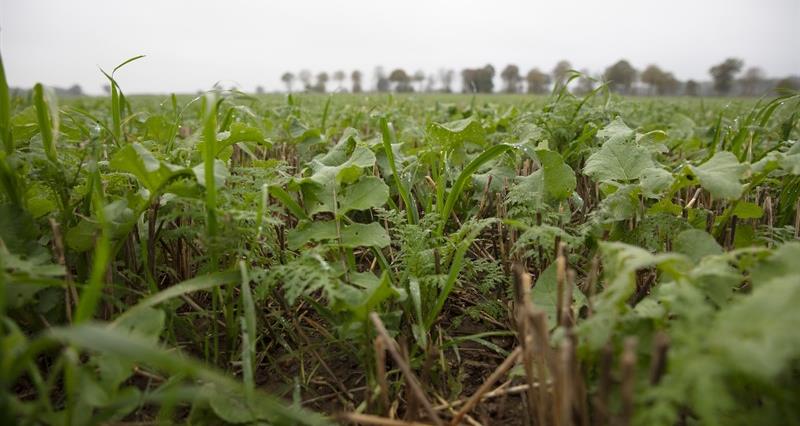NFU responded in detail to Defra’s 2021 consultation and through the legislative process resulting in the Genetic Technology (Precision Breeding) Act 2023.
NFU staff and farmer and grower members have taken part in stakeholder discussions and projects on both crops and farmed animals.
The NFU is encouraged by the FSA’s policy objectives for a proportionate, transparent regulatory system that supports innovation to bring benefits to consumers, maintains confidence in the food system and reduces unnecessary burdens on developers.
The most important issues and considerations for the NFU in the way the Act is implemented by the FSA for both crops and animals are that:
- The regulations, risk assessment processes and guidance are genuinely based on robust scientific evidence, proportionate to the risk, fit for purpose and can be flexible as precision breeding technologies and applications develop.
- It enables a well-functioning system that encourages and gives confidence to biotech, seed and breed companies to both invest in R&D pipelines and apply to the government for authorisation of PBOs and their marketing as food or feed.
- It acknowledges and aligns with, and does not duplicate, all other and existing regulatory systems across agrifood in both crops and animals.
- It recognises stricter regulation does not automatically deliver greater reassurance or confidence amongst consumers, whether about food safety or animal welfare. It may in fact increase concern and either increase cost with no benefit or discourage commercial investment so benefits to consumers are never realised.
- It follows the Growth Duty set out by Government, which regulators must consider in decision-making, in particular to be ‘pro-innovation’ and ‘internationally aware’.
The only way government policy to ‘unlock the potential’ of precision breeding technologies will be delivered is if farmers and growers are able to grow and rear precision bred crops and animals, which they will only have access to if companies see the UK as a place to invest in UK-relevant genetic improvement solutions. This is highly dependent on a truly enabling legislative system.
NFU members can log in and read our response in full: NFU responds to consultation on proposals for a new framework in England for the regulation of precision bred organisms used for food and animal feed.
